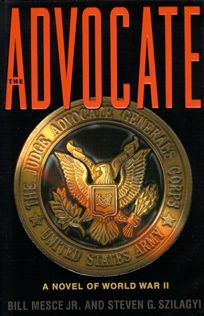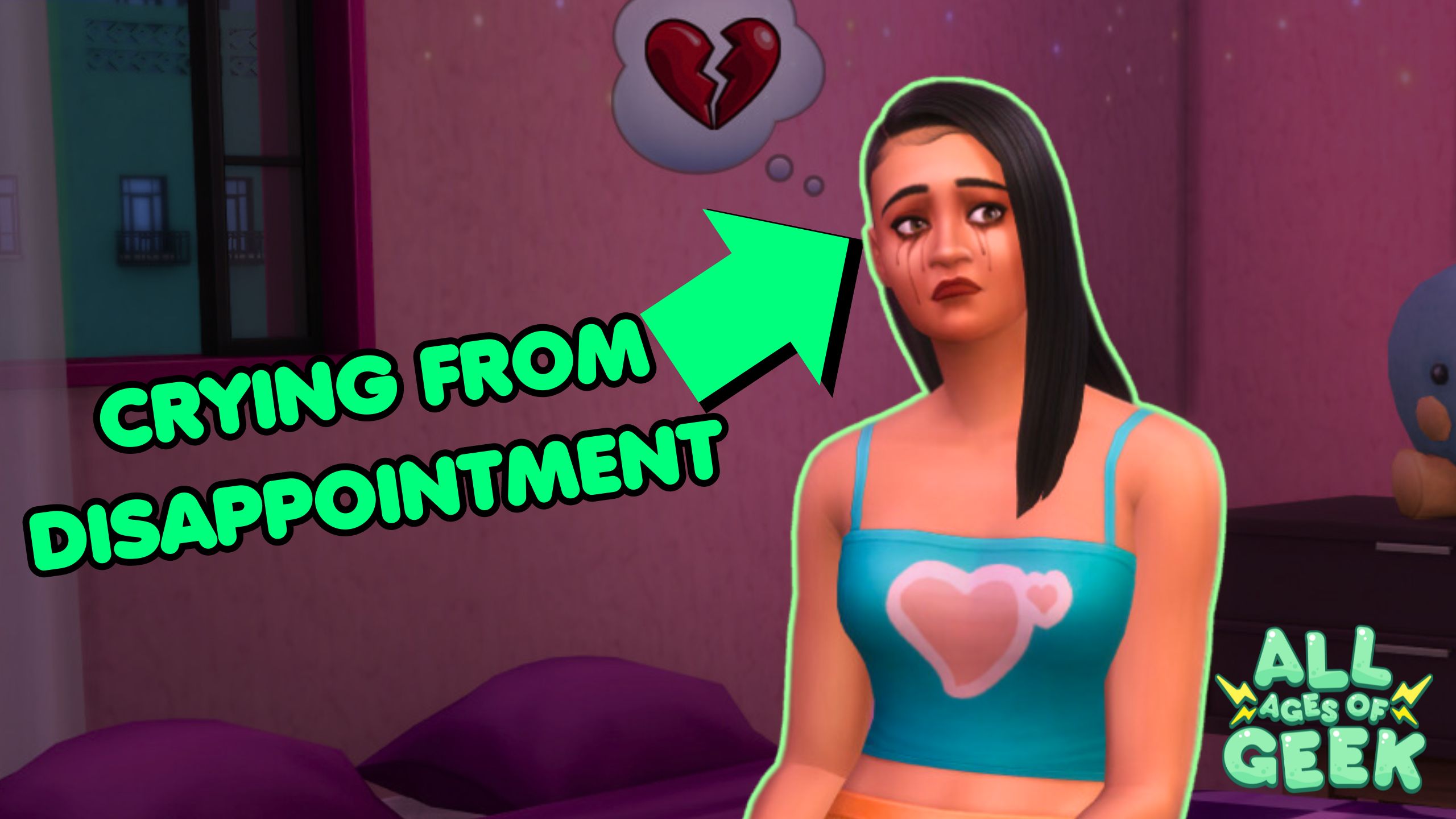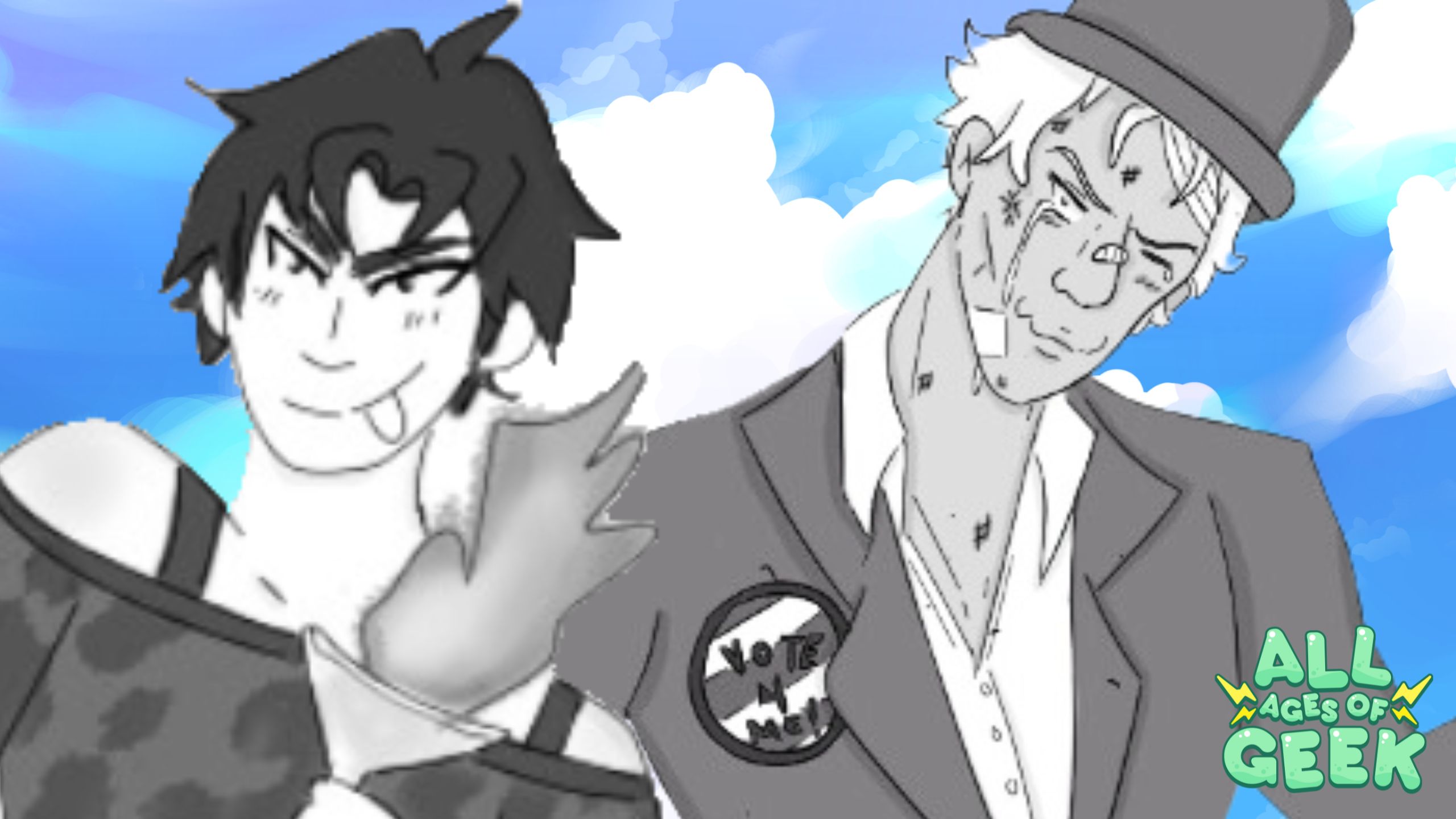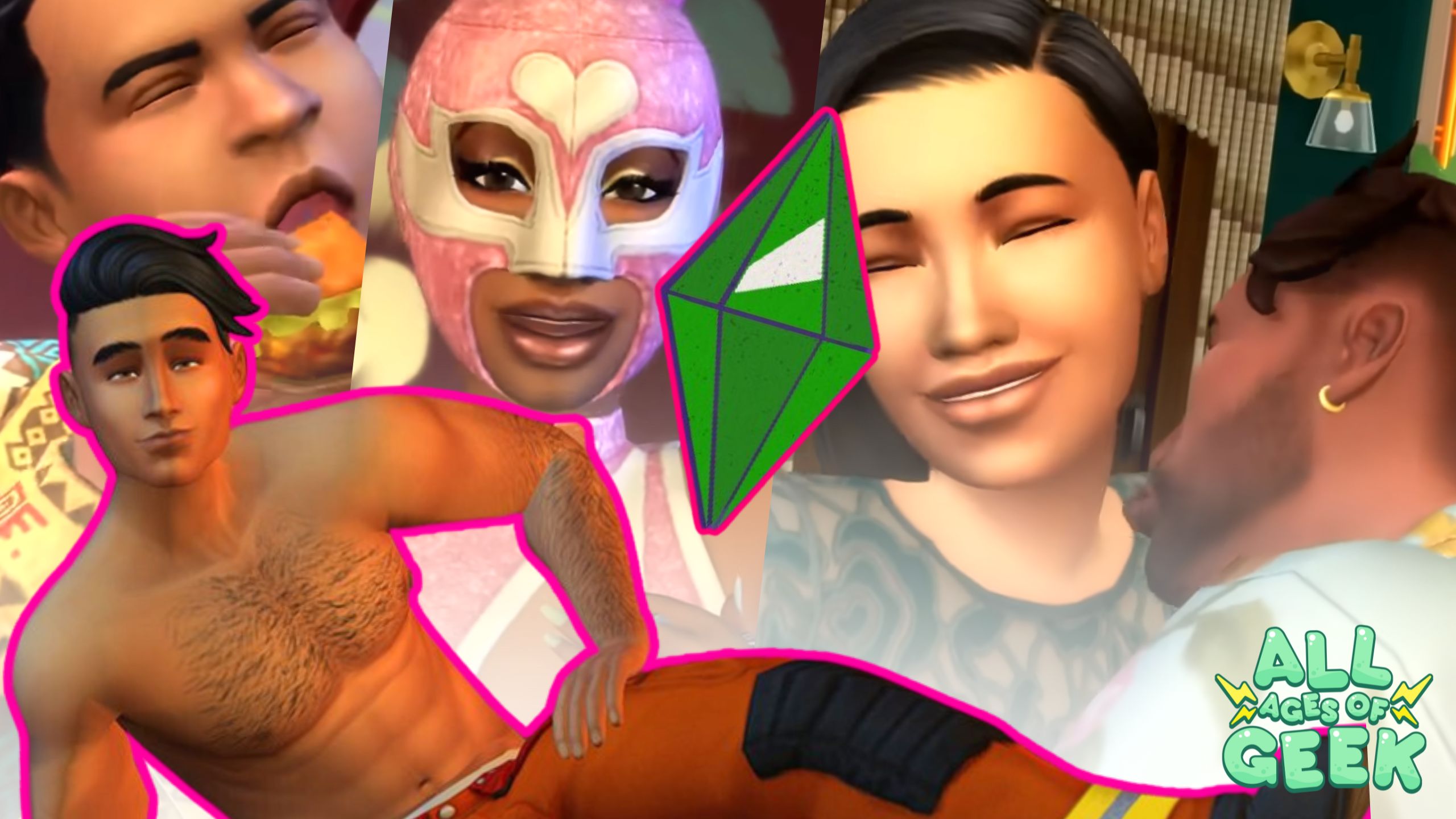I had the pleasure of reconnecting with my English professor from my university. During my time at Kean University, I struggled a lot with my mental health and discovering exactly what “I wanted to do with my life”. In my sophomore year, I had the opportunity to enroll in a creative writing course. I had no idea what to expect, however, I am very grateful that I enrolled. I have always loved writing fictional stories that jump into the mind of each character, Professor Mesce inspired me to continue writing and helped me express myself more through that writing. Enrolling in that course changed my life. Professor Mesce continues to inspire other students as well as continuing to write his own works of art. Here is what he had to say:
Typically long does it take to write a book?
It really depends. If I’m under contract and given a deadline, I’ll write to that deadline. I’ve done some academic works in as little as four months. The one time I was under contract to a major commercial publishers, it was typically around a year. Left on my own, I tend to be very lazy. I won’t sit at the keyboard until I have a pretty good idea of what the book will be, and that may mean months of mentally processing a piece. When it finally comes time to write it, I’ll amble through it in a couple of months. Then, if that draft doesn’t get picked up, I typically put it on the shelf and come back to it when I think I have an approach that might make it more viable. My first novel — THE ADVOCATE — I worked on off and on with this process over a period of twenty-odd years. With my last novel — MEDIAN GRAY — I banged out the first draft I think in the late 1980s and went back to it several times until it was published last year.
What advice would you give new writers on character writing?
Don’t think of them as CHARACTERS. Think of them as PEOPLE. Many if not most of my characters are built around people I’ve known personally, people I’ve seen in the news, even characters I’ve seen in movies and TV. Once I have that set in my head and think of them as an honest-to-God person, that character begins to write itself because I now know how they’ll talk, how they’ll conduct themselves in any situation, how they’ll interact with different kinds of people. I’m not “creating” anything but recording the actions and dialogue of a “real” person.
How do you come up with a story idea?
I’m actually not very prolific when it comes to ideas which is probably why I’ve done more screenwriting where it’s often been work-for-hire than prose. Still, it’s always different. My first novel was a result of what was going on at the time I first started toying with it: Vietnam. Over the years, as the story developed and matured, it became more expansive in how it dealt with the concept of war. But the two sequels were mandated by the publisher, and the first one came out of ideas my agent at the time threw at me, and the second out of the publisher’s mandate that these novels featured an Army lawyer and I had yet to get him into the courtroom and I damned well better this time out! As with anything else, it’s always different. Three came from screenplays for film projects that didn’t fly, MEDIAN GRAY was, at first, my response to what I was experiencing as a young Jersey guy working in New York for the first time, and then over time evolved into something of a memento/time capsule of that time for me. I have no real process, no predictable way of reacting to what might or might not generate a story.

Has anyone inspired your writing?
There are people from whom I’ve learned a great deal if that’s what you mean: Bill Persky with whom I became close friends after he hired me to collaborate on a script, Tom Kennedy who was one of my instructors when I went for my Creative Writing MFA at Fairleigh Dickinson University. There are also authors whose work has taught me a great deal: Richard Russo on how to bring a place to life, John LeCarre and Ross Macdonald who showed how far you could stretch genres, Steinbeck, because of the way his work evolved over time, Evan Hunter who, under various names, was able to maintain a career doing literary work as well as commercial crime fiction, George V. Higgins for how dialogue could carry a piece. But if you mean did anybody inspire me to write, to become a writer? Not really.
Do you have a favorite piece you wrote?
That’s tough. It’s like asking which of your kids do you love most. Different pieces mean different things to me. THE ADVOCATE always has a sentimental place because it was my first, one of the sequels — A COLD AND DISTANT PLACE — because I think that’s about as good as I can do, and MEDIAN GRAY because I got to, in a way, relive what it was like to be young in New York during those crazy days. On the nonfiction side, OVERKILL: THE RISE AND FALL OF THRILLER CINEMA because that was where I got to live out my love of the movies to the fullest, and is probably the best I can do in that vein.

Advice to aspiring authors?
Besides, “Don’t do it!”? Take writing seriously, appreciate that it takes a lot of effort and skill to get it right…but don’t take being a writer seriously. I have met a lot of young, aspiring writers who seem to be more in love with the image of being looked at as A Writer than they seem interested in actually writing anything. For most of those who get published — even get published regularly — you’re still going to have to cut the grass and take out the garbage and walk your dog. You’ve been blessed with a talent, but we are not privileged to share the same planet with you. Write hard, write well, and try not to be an ass about it.
Read more of his work HERE
About Bill Mesce
Bill Mesce, Jr. is an author, screenwriter, and playwright living in New Jersey.
His first professional writing gig was the product of a screenwriting contest landing him an uncredited stint on Brian DePalma’s 1981 political thriller, BLOW OUT. Since then he has worked on a number of film projects, including the 1998 feature ROAD ENDS which was screened at a number film festivals.
Another writing contest led to his award-winning one-act play “A Good Kid,” which, in turn kicked off a series of related one-acts which were eventually rolled into his first full-length stage effort, A JERSEY CANTATA.
And yet again, a writing contest brought him his first published credit, the critically-acclaimed WW II drama, THE ADVOCATE. Since then, he has turned out a range of work from academic studies to literary short fiction and including several well-received sequels to THE ADVOCATE.
Since 2010, he has been an adjunct instructor at several colleges and universities in New Jersey. From fall 2017-summer 2018 he was on the Creative Writing faculty of the University of Maine at Farmington.
Have a tip for us? Want to discuss a possible story? Need coverage? Please send an email to [email protected]
Tatiana Stec is the Co-Founder and Creative Director at All Ages of Geek. You can follow her on Twitter @Tatiana_Stec










